If a foreign national who is a victim of trafficking is not placed in a centre for victims of trafficking, the crisis intervention is carried out by officers of the institution where the person is placed – the State Agency for Refugees for asylum seekers or Migration Directorate of MoI for illegal residents.
- Asylum seekers
The foreign national is placed in a State Agency for Refugees centre after an assessment of their health condition, family and material situation. The person undergoes medical examinations and, if necessary, is quarantined until the results of the examinations are available.
If the foreign national has sufficient means to cover their basic living expenses, the person may be allowed to live in a place of their own choice.
Foreigners seeking protection during the proceedings for provision of international protection under the Asylum and Refugees Act (ARA) have the right to receive the same social benefits as Bulgarian citizens, the same health insurance, accessible medical help and free medical care under the terms and procedures for Bulgarian citizens. They may be referred to all institutions and organisations that are accessible for Bulgarian citizens.
Foreign nationals seeking protection are issued identity documents which certify that the person is currently involved in proceedings for international protection.
The State Agency for Refugees adheres to Standard Operating Procedures for prevention of and response to sexual and gender violence, including trafficking in persons. The foreign victim is provided with a safe environment and the necessary care within 48 hours. The confidentiality requirement is observed and the person’s desires are taken into account. The person’s immediate needs are established, and a proper referral is made to other service providers. The foreign victim is free to decide not to report the incident. Even so, the person should be supported in every possible way.
Every SAR employee who receives information about a victim of violence must inform immediately the Director of the Social Work and Adaptation Directorate of SAR or another official at SAR, UNHCR, or an NGO working with refugees.
The following documents must be filled out:
- Case report form (to be filled out by a social expert from the Social Work and Adaptation Directorate of SAR within 24 hours)
- Consent form from the victim.
SAR is the leading organisation; it receives all necessary notice forms and maintains a database.
- Illegal residents
Foreign nationals are placed in a Special Home for Temporary Accommodation of Foreigners (SHTAF) when it is impossible to implement the measures provided for in Article 41 (removal) and Article 42 (expulsion) due to:
- Lack of national documents for international travel or other documents necessary for removal from the country;
- Lack of funds to buy a travel ticket;
- Need to ensure transportation to the country of origin or another safe country;
- Incomplete proceedings for provision of international protection under the ARA;
- The person’s health condition does not allow transportation.
SHTAF provides the foreign national with a bed, appropriate clothing, free food and medical assistance, conditions to maintain one’s personal hygiene, conditions to spend time outdoors, possibilities to meet lawyers, relatives, family and officials from the respective diplomatic and/or consular representations.
The person is accompanied to SHTAF by an MoI officer and, at the time of accommodation, a handover protocol is drawn up which is added to the person’s file. SHTAF keeps a register of all accommodated foreign nationals.
Illegal foreign residents have limited rights. They can be referred to non-government or international organisations for meeting some of their immediate needs (IOM, Caritas, ACET, Red Cross, Bulgarian Helsinki Committee).
The crisis intervention with respect to illegal foreign residents who have not been accommodated at SHTAF must be carried out directly by the competent institutions and service providers involved in victim support as per CTHBA.
